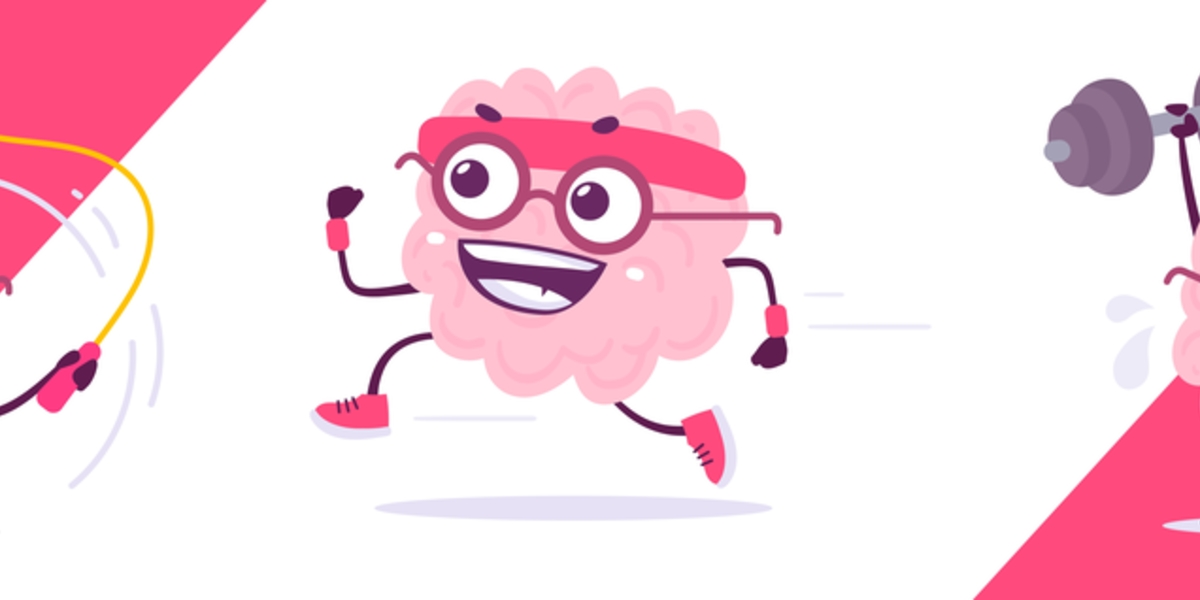
Recent research suggests a connection between antidepressant use and increased cognitive decline in people with dementia. However these finding shouldn't be blindly applied to Huntington's disease.

New research shines a light on an often-overlooked side of Huntington’s disease—psychosis. Understanding the impact of psychosis on daily life and progression of other HD symptoms could be key to providing better care and support.

New research suggests that cognitive engagement - keeping your brain busy with activities like reading, puzzles, or learning new skills - could help protect the brain, possibly slowing progression of symptoms of Huntington’s disease.

Changes in thinking, learning, and memory are some of the most distressing and impactful in Huntington’s disease. Sage Therapeutics was advancing their drug dalzanemdor to treat these symptoms, but unfortunately this program will be halted.

In 2019, there were ~57 million people living with dementia. By 2050, that number is expected to climb to 153 million. Changes in the 14 factors highlighted here can improve brain health and be applied to Huntington’s disease.

Sage Therapeutics announced results from SURVEYOR, a trial that looked at cognitive changes in people with HD, and tested short-term safety of dalzanemdor. The study was small but met key goals, and additional trials are in progress.

We know that HD-related changes can occur many years before symptom onset, but how early do those changes begin? A team of researchers set out to determine that with a new comprehensive study in pre-manifest HD young adults.

HD reaches more brain structures than we thought: new research broadens our understanding of the earliest signs of HD

Sleep deficits precede motor problems in HD